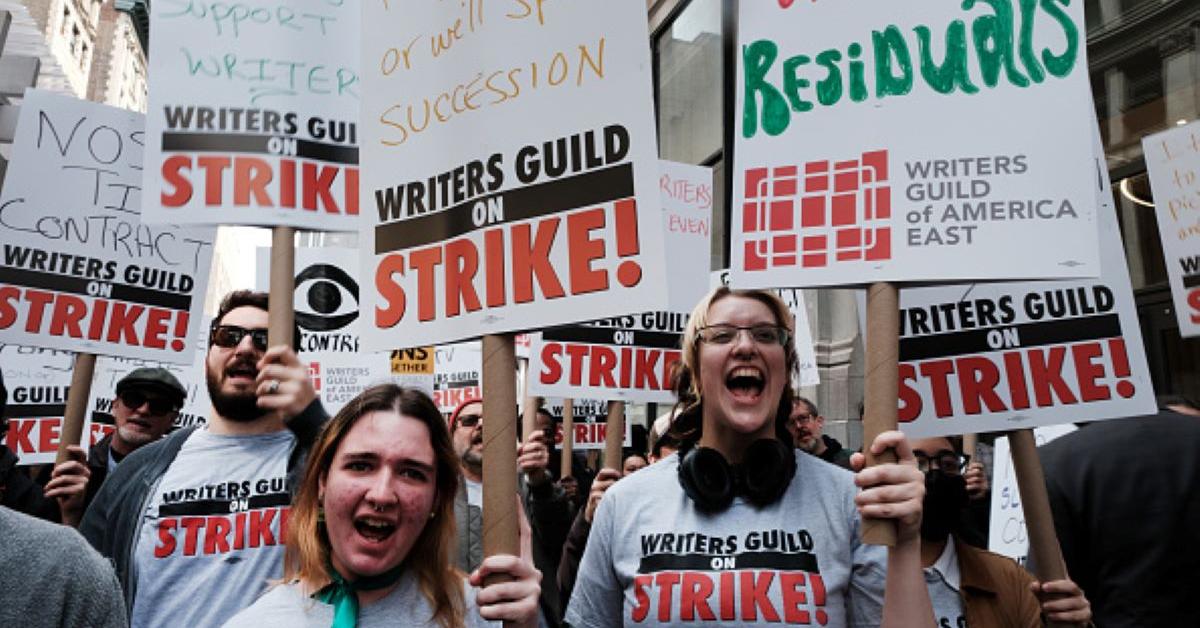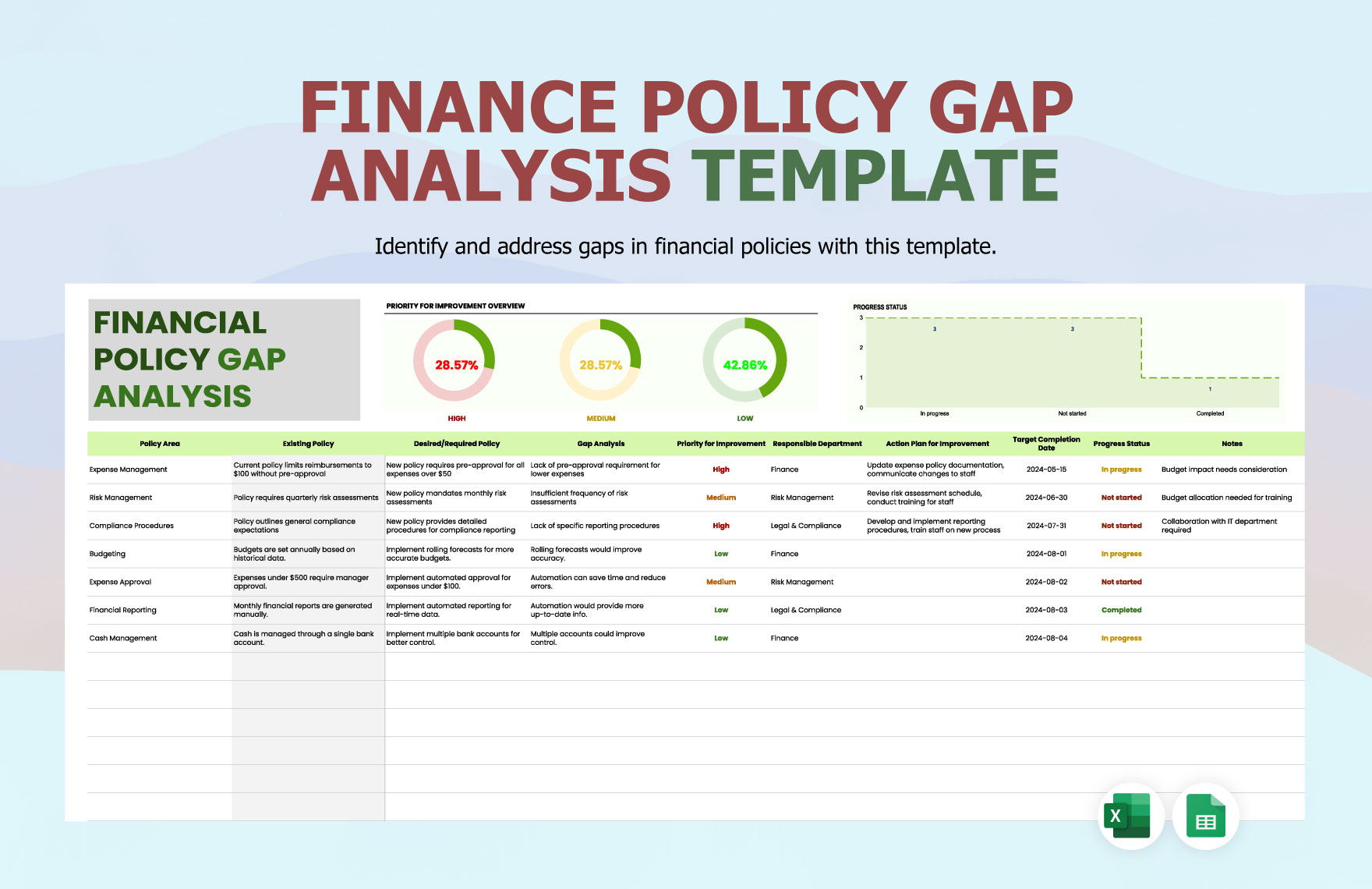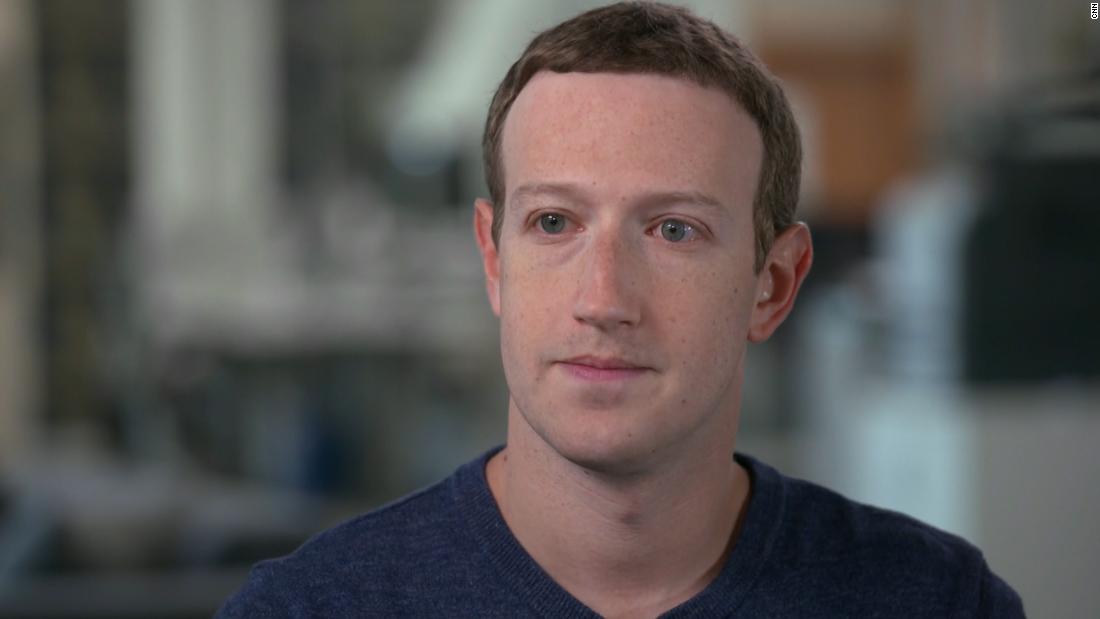Double Strike Cripples Hollywood: Actors And Writers Demand Fair Contracts

Table of Contents
The Core Issues Fueling the Hollywood Double Strike
The double strike isn't just about pay; it's about fundamental changes in the entertainment landscape and the need for updated contracts reflecting these shifts. Three central issues are driving the conflict:
Diminishing Residuals in the Streaming Era
The rise of streaming platforms like Netflix, Disney+, and HBO Max has dramatically altered the compensation model for actors and writers. Traditional television provided residuals – payments made to actors and writers each time their work aired in syndication or reruns. Streaming, however, often offers a single upfront payment, regardless of viewership. This means:
- Significant income loss: Actors and writers are receiving drastically less money for their work compared to the traditional television model. A hit show on network television could generate substantial residual income for years; the equivalent success on a streaming platform may not.
- Unpredictable revenue streams: Streaming viewership numbers are not always transparent, making it difficult for actors and writers to assess the financial impact of their work.
- Examples: A successful sitcom actor might have earned hundreds of thousands of dollars in residuals from syndication; the same actor in a similarly successful streaming series might receive a fraction of that amount. The same disparity affects writers whose work is streamed.
This lack of fair compensation for the value of their creative contributions is a central grievance fueling the strike.
The Threat of Artificial Intelligence
The rapid advancement of artificial intelligence (AI) poses a significant threat to the livelihoods of actors and writers. Studios are exploring the use of AI for various tasks, including:
- Script generation: AI tools can generate scripts, raising concerns about copyright infringement and the devaluation of human writers.
- AI-generated characters: AI is being used to create digital versions of actors, potentially reducing the demand for human performers.
- Deepfakes: The ability to convincingly replicate actors' voices and likenesses using AI raises serious ethical and legal questions.
The unions are demanding safeguards to prevent AI from replacing human talent and to ensure fair compensation if AI is used to create or replicate their work. The lack of such safeguards in current contracts is a major point of contention.
Unfair Contract Terms and Power Imbalance
The strike highlights a significant power imbalance between the major Hollywood studios and the unions representing actors and writers. The studios have proposed contracts that:
- Limit streaming revenue sharing: The proposed contracts offer meager payouts compared to the massive profits generated by streaming services.
- Extend contract lengths: Contracts are often extended, limiting an artist's ability to negotiate future projects.
- Lack transparency: Profit sharing structures are often opaque, making it difficult for actors and writers to understand how much money their work generates for the studios.
The unions are demanding fairer contract terms that reflect the true value of their members' contributions and address the power imbalance that has existed for too long.
The Impact of the Double Strike on Hollywood
The double strike is having a profound impact on the entertainment industry, extending far beyond the picket lines:
Production Halts and Economic Fallout
The simultaneous strike by the WGA and SAG-AFTRA has brought almost all major film and television production in Hollywood to a complete standstill. This has resulted in:
- Massive economic losses: Estimates suggest billions of dollars in lost revenue for the industry.
- Job losses beyond actors and writers: The strike has impacted countless individuals working in related industries, including crew members, caterers, transportation services, and others.
- Delayed productions: Numerous film and television projects are facing significant delays, impacting release schedules and potentially delaying future revenue streams.
Public Support and Awareness
The strike has garnered significant public support, with many people recognizing the validity of the actors' and writers' demands. This support is manifesting in:
- Social media campaigns: #FairContracts, #SupportTheStrikers, and similar hashtags have circulated widely, raising public awareness of the issues.
- Public demonstrations and protests: Picket lines have received widespread support from the public and other unions.
- Media attention: The strike has generated substantial media coverage, helping to shape public opinion and putting pressure on the studios.
Potential Resolutions and the Future of Hollywood
The outcome of the double strike remains uncertain, but several potential scenarios are unfolding:
Negotiation Strategies and Potential Outcomes
Negotiations between the studios and the unions are ongoing. Several potential outcomes include:
- Compromise: Both sides may reach a compromise that addresses some, but not all, of the key issues.
- Prolonged strike: The strike could continue for an extended period, resulting in further economic losses.
- Legal battles: The possibility of legal challenges and court proceedings remains if no agreement is reached.
The Future of Work in the Entertainment Industry
This strike holds significant implications for the future of work in the entertainment industry:
- Restructuring of compensation: The strike may lead to significant changes in how actors and writers are compensated in the streaming era, potentially incorporating fairer residual models.
- Increased unionization: The strike may encourage greater unionization within the industry, providing more bargaining power to workers.
- AI regulation: The strike may catalyze a broader conversation and regulations about the use of AI in the entertainment industry.
Conclusion:
The Hollywood double strike is a pivotal moment, exposing deep fissures in the entertainment industry. The fight for fair contracts highlights the urgent need to address the impact of streaming on residuals, the threat of AI, and the inherent power imbalance between studios and creative professionals. The economic consequences are severe, but the potential for positive, lasting change is even greater. Addressing these concerns through a commitment to fair compensation, responsible technological integration, and equitable power dynamics is crucial for a sustainable and thriving future for the entertainment industry. We must continue to monitor this significant labor dispute and advocate for fair contracts for the actors and writers whose talent brings us the stories we love. Support the strike and demand fair contracts for everyone involved in bringing entertainment to the world!

Featured Posts
-
 Adin Hills Strong Goaltending Propels Vegas Golden Knights Past Columbus Blue Jackets
May 09, 2025
Adin Hills Strong Goaltending Propels Vegas Golden Knights Past Columbus Blue Jackets
May 09, 2025 -
 25m Financial Gap For West Ham Analysis And Future Predictions
May 09, 2025
25m Financial Gap For West Ham Analysis And Future Predictions
May 09, 2025 -
 Adoption Du Projet De 3e Ligne De Tram A Dijon Concertation Lancee
May 09, 2025
Adoption Du Projet De 3e Ligne De Tram A Dijon Concertation Lancee
May 09, 2025 -
 Uk Visa Restrictions Report On Potential Nationality Limits
May 09, 2025
Uk Visa Restrictions Report On Potential Nationality Limits
May 09, 2025 -
 Zuckerbergs Leadership In A Trump Era America
May 09, 2025
Zuckerbergs Leadership In A Trump Era America
May 09, 2025
